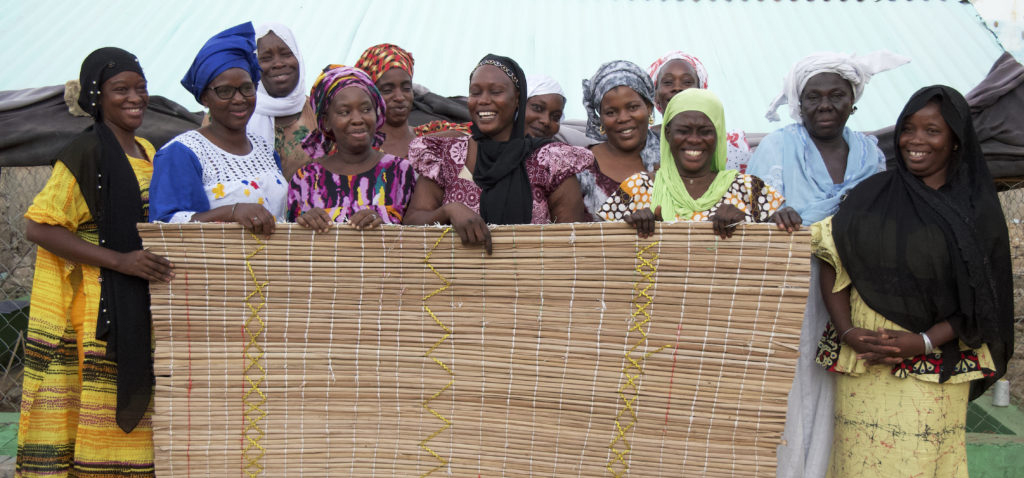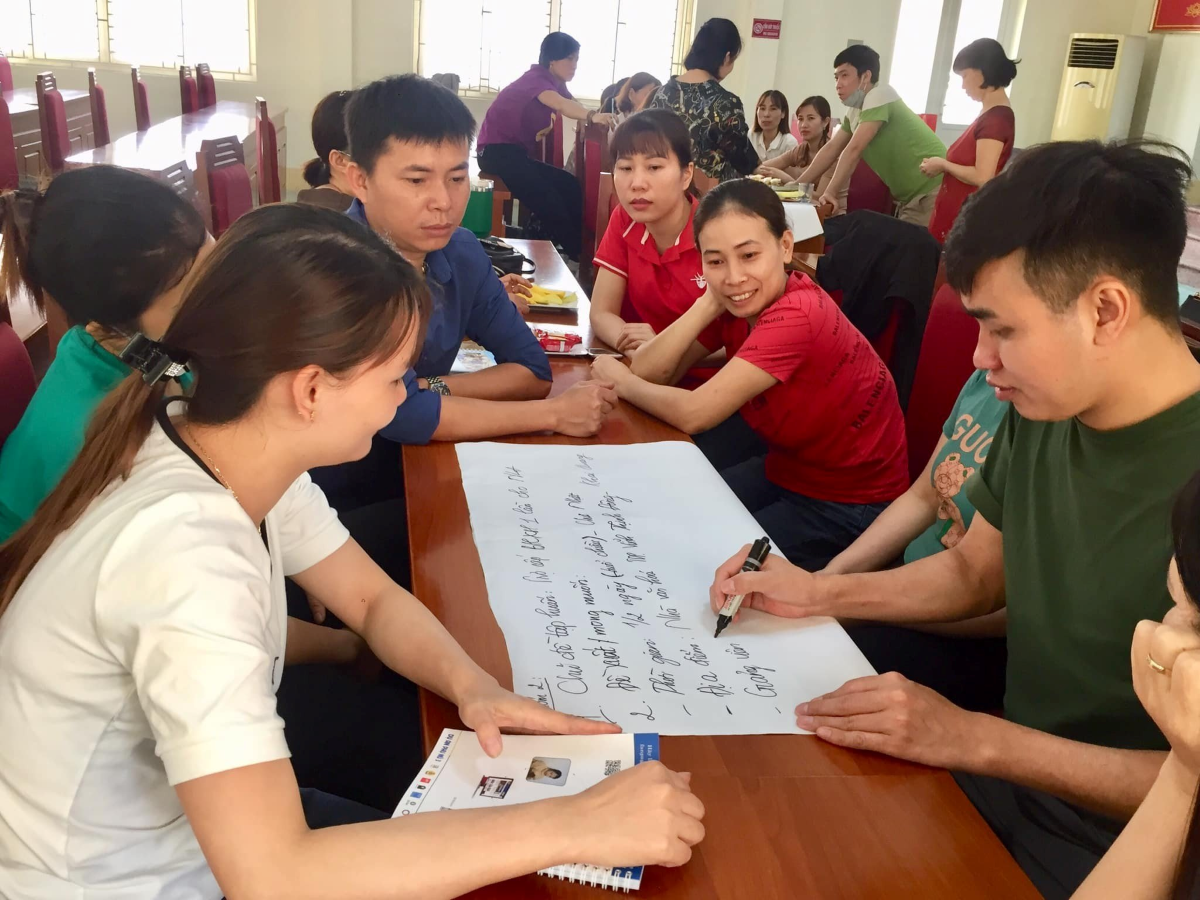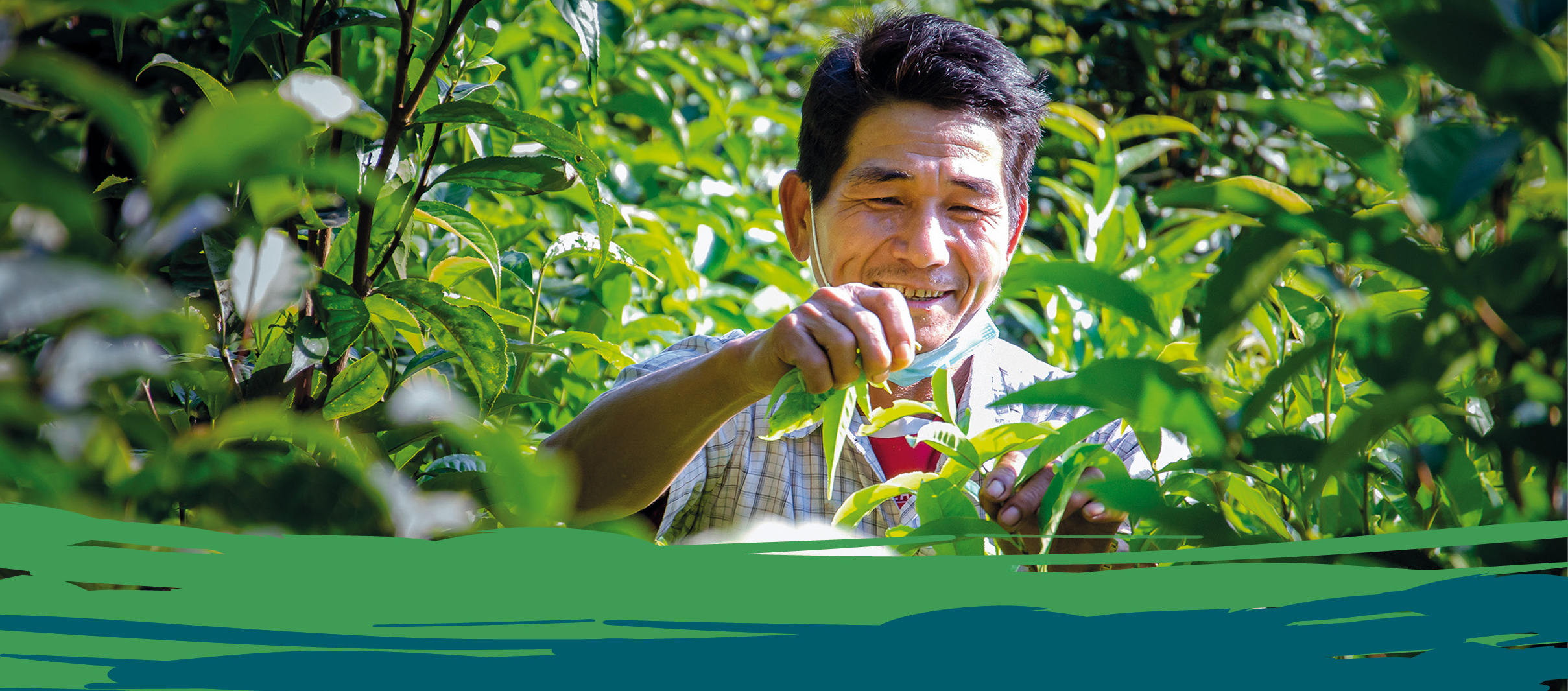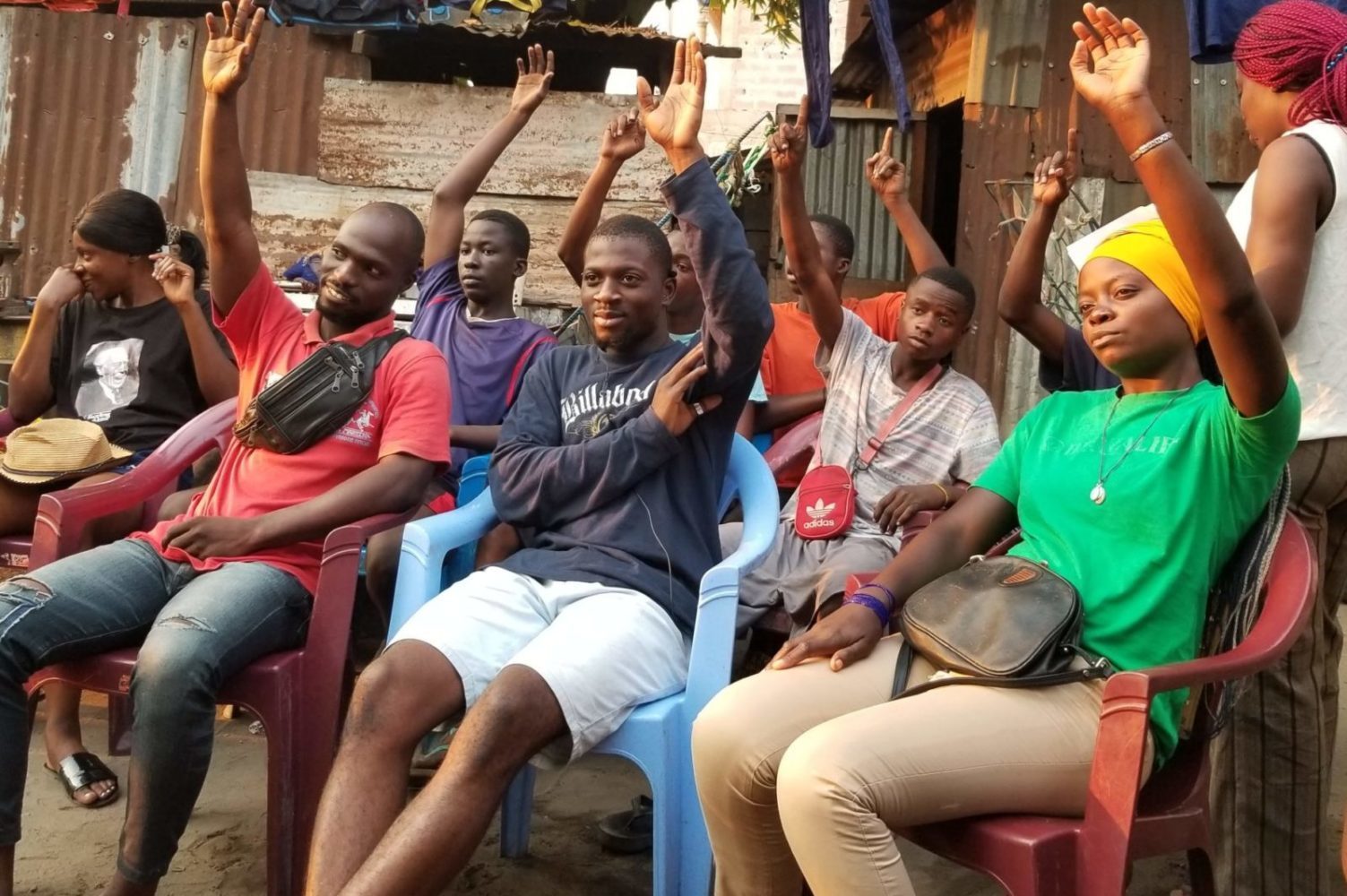In Mauritania, between 25,000 and 30,000 young people enter the labour market every year, i.e. a lot more than the official economy can absorb. Many of these therefore turn to the informal sector to earn their living. As part of the SAFIRE programme, in partnership with Caritas Mauritania, GRET is training young people and vulnerable women so that they can have access to sustainable, decent employment. Marième is a weaver, Kadia sells infant flours and Assane is a sports-social facilitator: all three tell us about their background and how the training and support they received changed their daily lives.
Marième Sidi Guaye – Weaver
Marième Sidi Guaye, a seamstress, was trained by GRET in mat-weaving techniques at the typha valorisation unit in Keur Madické, a village in the commune of Rosso, on the banks of the Senegal River. Alongside thirty other women, she learned to prepare the typha, and to master techniques for braiding fibres and weaving mats. She acquired the basics of managing and selling mats, and now earns a regular income from this work. Marième lives in Guarack (another village in the Rosso district). She is passing on her knowledge to other weavers in her village: “If we need mats, we can cut some typha and make them ourselves. And selling them enables us to earn enough money to cover our needs.”
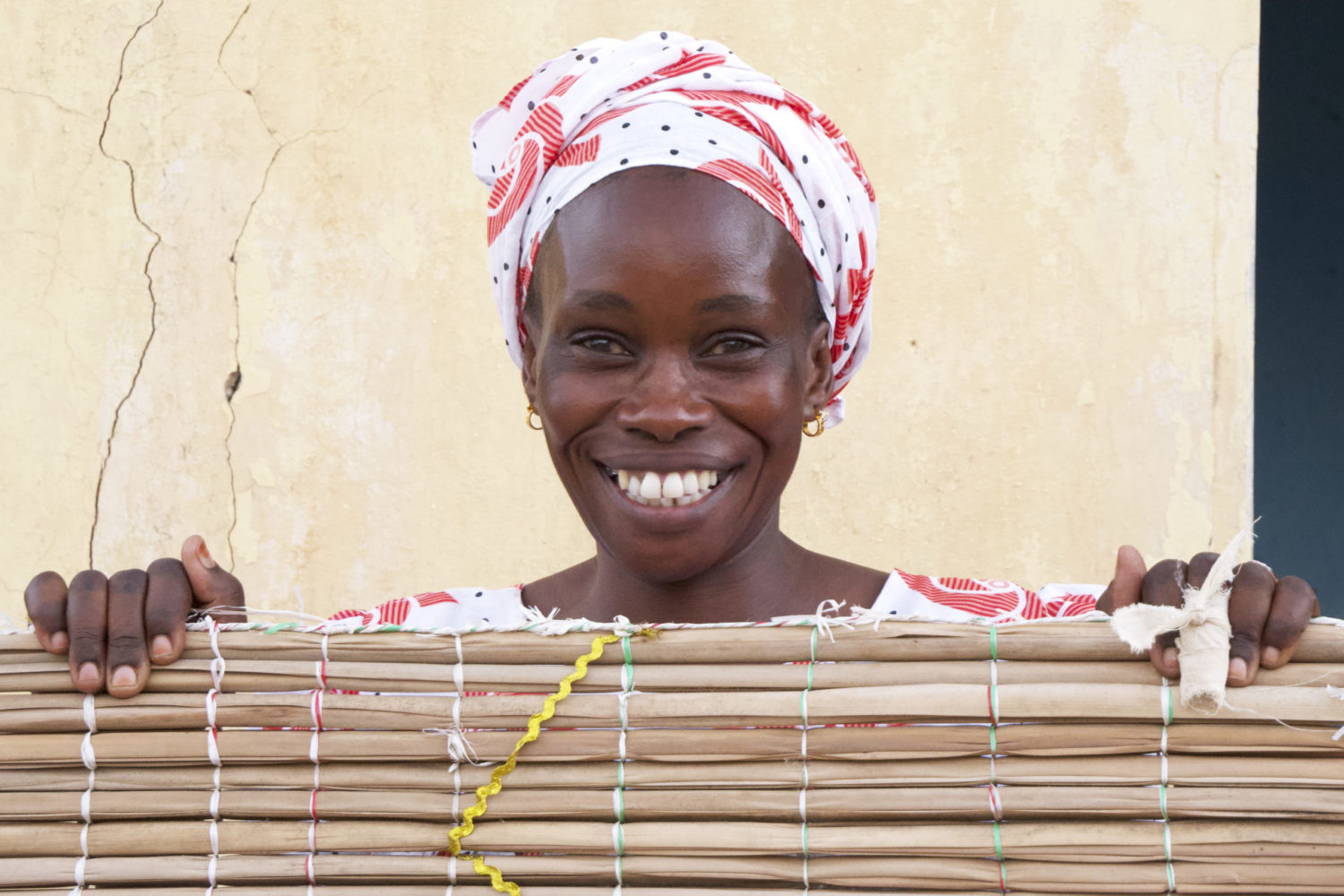
Kadia Hameth Sao – Retailer
Kadia is one of 12 women trained and supported by GRET to open points of sale to sell fortified flour for young children. Today, with the business she has set up in Rindjiao, a neighbourhood on the outskirts of Kaédi, she is contributing to the fight against malnutrition. “GRET enabled me to start my business by supplying me with a stock of goods and infant flour. Now that I am selling these goods I can look to the future and plan things.”
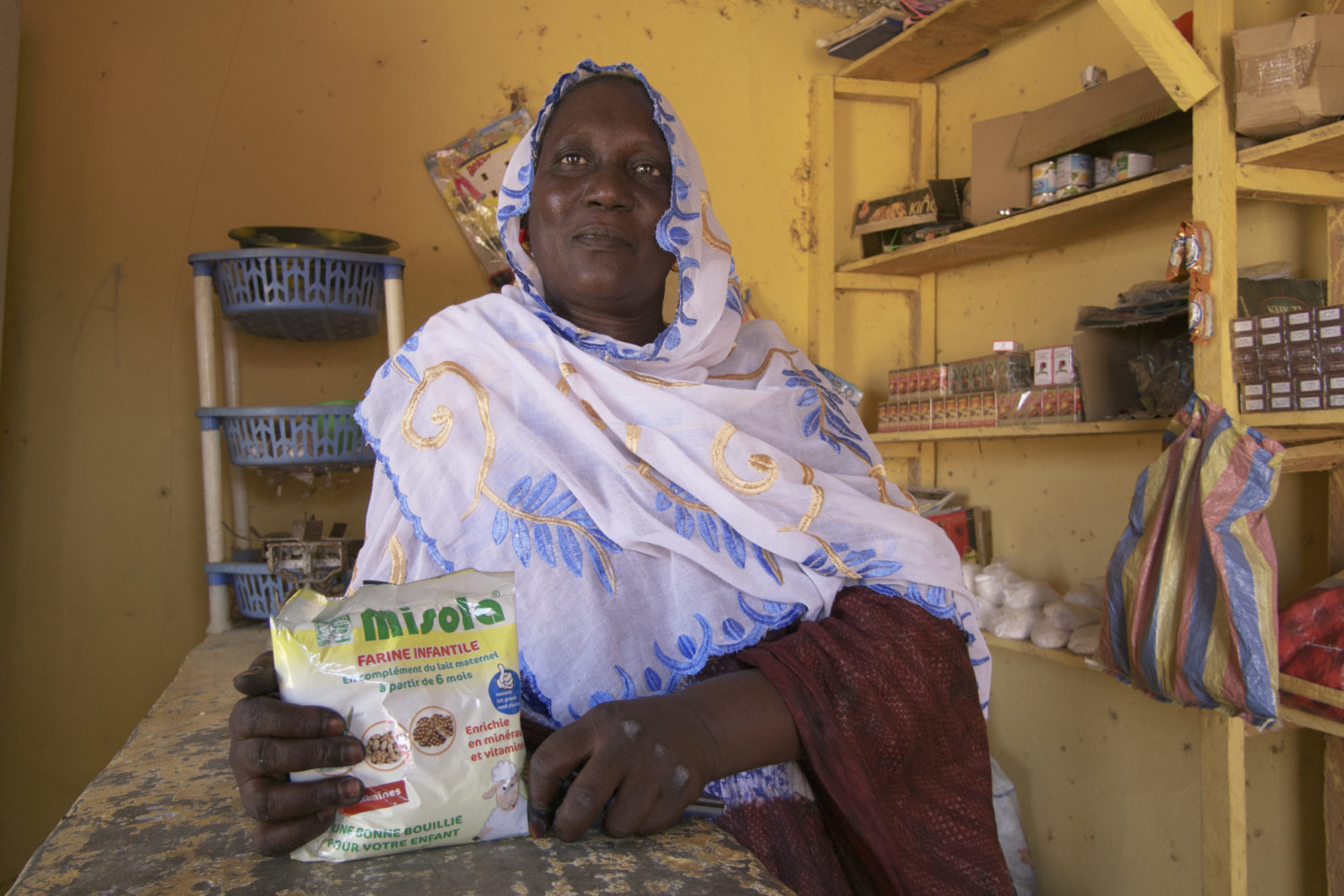
Assane Diagne – Sports-social facilitator
Assane Diagne is one of 30 facilitators trained thanks to a partnership with the municipality of Rosso and the Mauritanian National Institute for the Promotion of Technical and Vocational Training. He acquired the knowledge necessary to support and supervise young people through initiation to practising sports in disadvantaged neighbourhoods. Every week, young people in Tounguène, a village in the commune of Rosso, practise various team sports. “Before doing the training, I used to train the Tounguène football team, but the young people were not very disciplined. After the training, I made lots of progress. Now I know how to behave and communicate with young people. What I learned was really positive for me.”
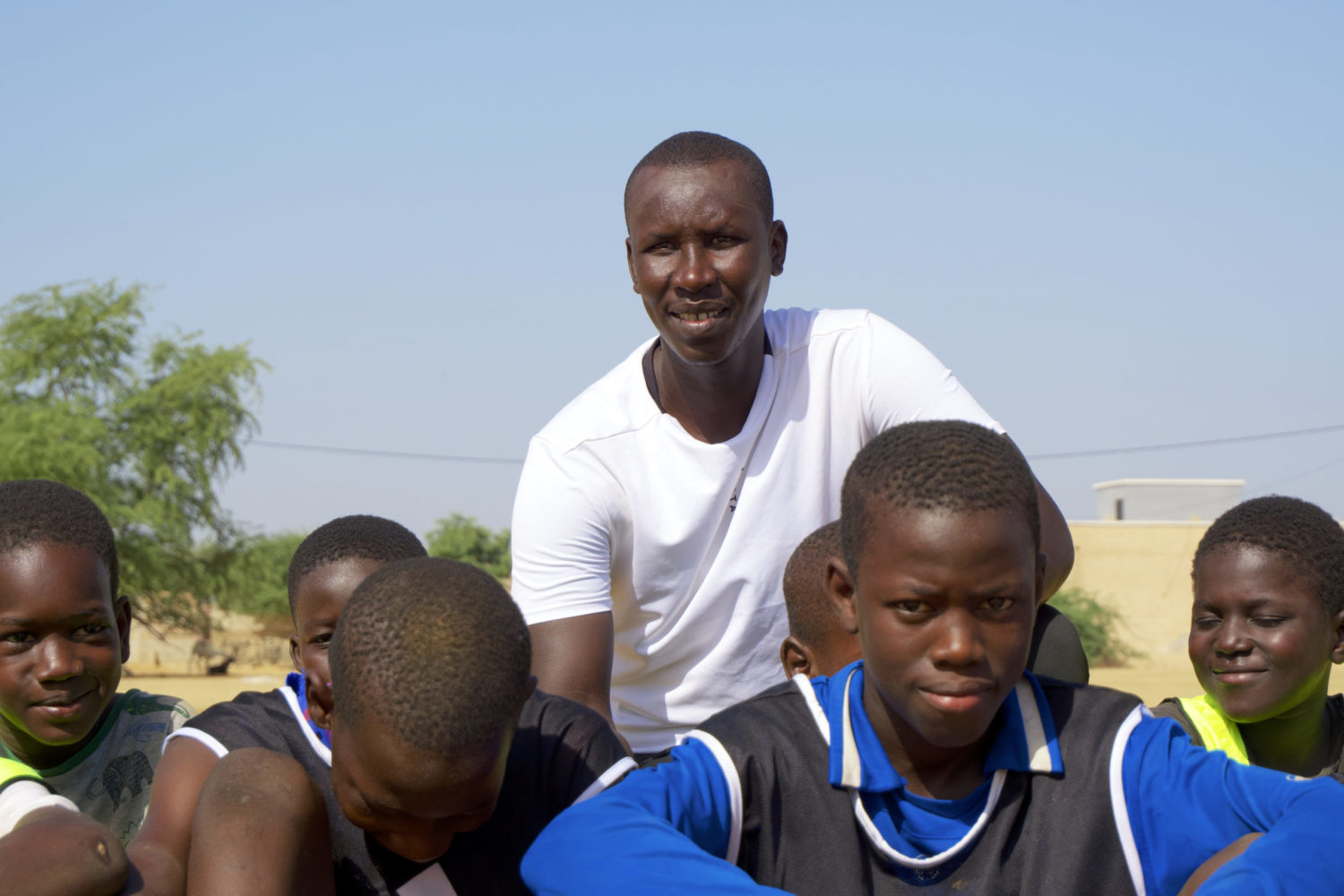
These portraits are taken from a travelling photography exhibition organised as part of the SAFIRE programme. It presents the trajectory of those supported by GRET and Caritas Mauritania, via training – sometimes followed by coaching – to set up and develop their professional activity in several regions in the country.
The exhibition started on 13 February 2023. In parallel to it, activities are conducted with young people in each locality concerned: Aleg, Rosso, Boghé and the Dar Naïm neighbourhood in Nouakchott.
View the exhibition here: Diaporama
About the SAFIRE programme :
Placed under the authority of the Mauritanian Ministry of Employment and Vocational Training, and funded by the European Union, the SAFIRE programme aims to contribute to national stability through strengthening of rural-urban links, resilience to food and nutrition insecurity, and the creation of economic and socio-professional integration opportunities for the most vulnerable populations.
The GRET-Caritas consortium benefitted from this funding from 2019 to 2023, to facilitate socio-professional integration for 1,000 young people, including 400 women, through access to sustainable, decent employment in classic trades such as welding or baking, green or rural activities such as market gardening, or in innovative professions such as sports-social facilitator in disadvantaged neighbourhoods.
This project was funded by the European Union. The content of this article is the sole responsibility of GRET and can in no way be considered as reflecting its financial partner’s point of view.

